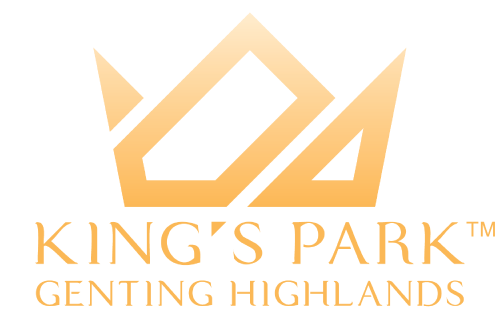DEVELOPING FUTURE WITH A PURPOSE
The world is going through a transformative journey and so are cities. As centres of innovation and shared prosperity, new cities are where the future is happening, hence envisioning the Future of Cities is anticipating the future of human living.
This initiative comprises 12 main trends that will affect our sustainable living in the King's Park, its explanation, impact and key case studies where they are being implemented. Under this development, King's Park has consulted experts from all over the globe, which include international organization leaders, urban policy institutions, as well as leading urban planners, practitioners and researchers. Their views and insights offer further depth to our planning.
Covering domains such as Mobility, Living & Health, Government & Education, Energy & Environment, Safety & Security and Economy, the purpose of our 360-degree comprehensive analysis is to create a constructive tool for everyone to use and practice what moves us day-by-day: foretell, design and build better cities.
12 TRENDS SHAPING THE FUTURE OF King's Park
1. GREEN PLANNING OF PUBLIC SPACES
King's Park tend to be planned and designed for people, with ‘green’ streets, new corridors and public spaces as centres of social life.
2. SMART HEALTH COMMUNITIES
King's Park are developing health care ecosystems that are not only focused on diagnosing and treating sickness but also on supporting well-being through early intervention and prevention, leveraging digital technologies.
3. 15-MINUTE CITY
King's Park tend to be designed so that amenities and most services are within a 15-minute walking or cycling distance, creating a new neighbourhood approach.
4. MOBILITY: INTELLIGENT, SUSTAINABLE & AS-A-SERVICE
King's Park are working towards offering digital, clean, intelligent, autonomous and intermodal mobility, with more walking and cycling spaces, where transport is commonly provided as a service.
5. INCLUSIVE SERVICES AND PLANNING
King's Park are evolving to have inclusive services and approaches, fighting inequalities by providing access to housing and infrastructure, equal rights and participation, and jobs and opportunities.
6. DIGITAL INNOVATION ECOSYSTEMS
King's Park tend to attract talent, enable creativity and encourage disruptive thinking, developing themselves through an innovation model approach, and a combination of physical and digital elements.
7. CIRCULAR ECONOMY AND PRODUCING LOCALLY
King's Park are adopting circular models based on a healthy circulation of resources, and principles of sharing, re-use and restoration, with an emphasis on limiting municipal waste volumes and on producing locally – for instance, urban farming.
8. SMART AND SUSTAINABLE BUILDINGS AND INFRASTRUCTURE
King's Park aim to have regenerated buildings, and to leverage data to optimise energy consumption and the use and management of resources in buildings and utilities: waste, water and energy.
9. MASS PARTICIPATION
King's Park are evolving to be human-centred and designed by and for its citizens, promoting mass participation by the ecosystem in a collaborative process and following open government policies.
10. CITY OPERATIONS THROUGH AI
King's Park tend to be designed so that amenities and most services are within a 15-minute walking or cycling distance, creating a new neighbourhood approach.
11. CYBERSECURITY AND PRIVACY AWARENESS
King's Park tend to promote awareness of the importance of data privacy and to get prepared for the impact of cyberattacks, since data will be an important city commodity.
12. SURVEILLANCE AND PREDICTIVE POLICING THROUGH AI
King's Park are leveraging artificial intelligence (AI) to ensure safety and security for their citizens while safeguarding privacy and fundamental human rights.

